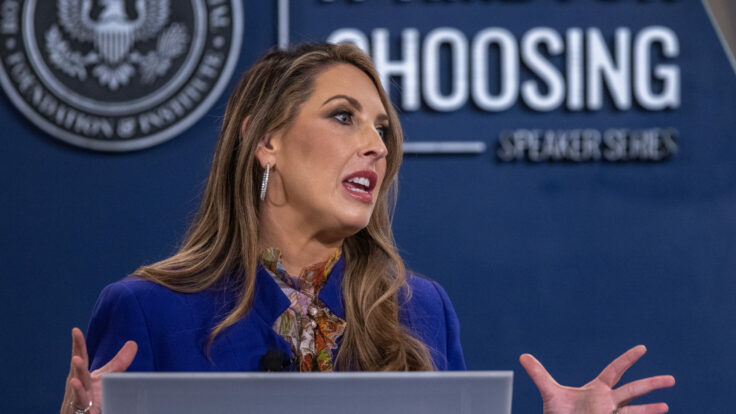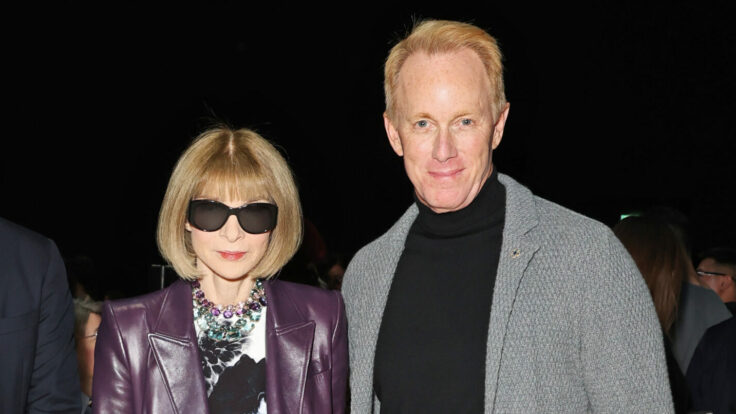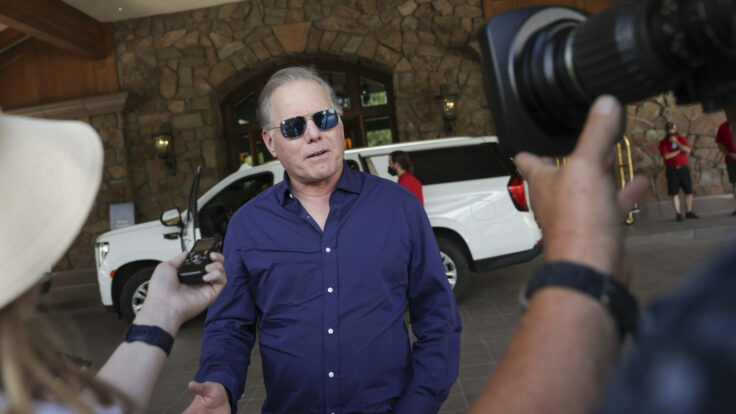Last fall, when Rupert Murdoch first proposed merging the two wings of his media empire—the more controversial and high-flying Fox Corp. and the more staid News Corp.—the ostensible rationale was the opportunity to integrate, synergize, and potentially expand a footprint into newer businesses, like sports betting, all while allowing the 91-year-old mogul to seamlessly give his favored son, Lachlan, reign over what remained of his kingdom. And, indeed, the Murdoch media assets are still voluminous: Fox, Fox News, Fox Sports, a slate of local TV stations, Tubi, Dow Jones and The Wall Street Journal, myriad U.K. and Australia news organizations, and HarperCollins, among others. Over time, this would also, of course, position Lachlan to sell the combined roll-up in one fell swoop. It seemed like a replica of the Shari Redstone estate planning handbook.
Naturally, of course, Wall Street had reservations about the deal: Was there actually a commercial rationale to merging these companies? How would ownership be divided among shareholders? And would it undervalue News Corp.? Did these businesses even belong under one roof? Did the simplified governance bestow any downstream benefits to shareholders?

















